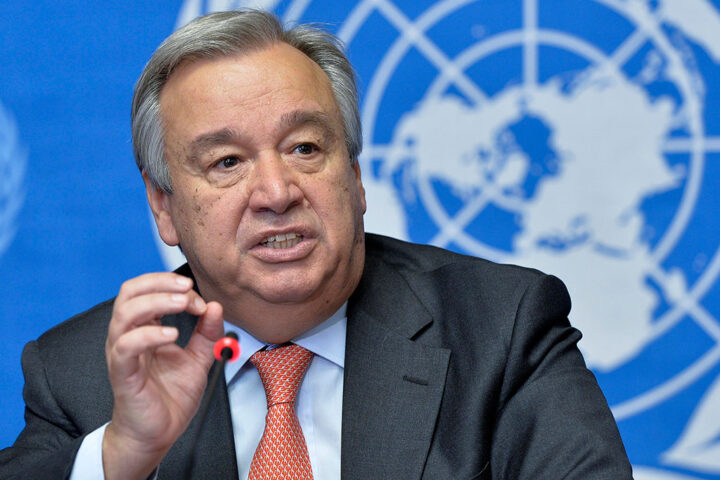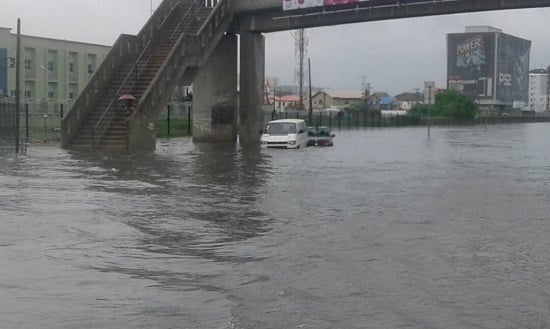Antonio Guterres, UN secretary-general
Antonio Guterres, UN secretary-general, says the ozone layer is on the path to recovery.
The ozone layer protects humans and the environment from harmful levels of ultraviolet radiation from the sun.
However, in the 1970s, scientists discovered that it was depleting due to the use of human-produced chemicals such as chlorofluorocarbons.
Subsequently, countries signed a global treaty known as the Montreal Protocol to phase-out substances that deplete the ozone layer, and regulate the production and consumption of chemicals referred to as ozone-depleting substances (ODS).
Advertisement
In his message to commemorate the World Ozone Day celebrated on September 16, Guterres said climate solutions, including those concerning refrigerants and energy efficiency, are essential to prevent a climate crisis by mid-century.
“At a time when multilateralism is under severe strain, the Montreal Protocol to help protect the ozone layer stands out as a powerful symbol of hope. It is a reminder that when countries show political resolve for the common good, change is possible,” he said.
“In uniting the world to phase out the consumption and production of different ozone depleting substances, the Protocol has also contributed to shielding carbon sinks, protecting humanity’s health, and avoiding economic losses.
Advertisement
“The ozone layer, once an ailing patient, is on the road to recovery. Now, it’s time to go further.
“The Protocol’s Kigali Amendment — which focuses on phasing down hydrofluorocarbons (HFCs) – powerful climate-warming gases – can contribute to advancing climate mitigation efforts, protecting people and the planet. And that is needed more than ever as temperature records continue to shatter.
“If fully ratified and implemented, the Kigali Amendment could help avoid as much as 0.5 degrees Celsius of global heating by the end of this century. Four out of every five nations have ratified the Kigali Amendment, but the clock is ticking.
“On this World Ozone Day, let’s commit to making peace with our planet. Let’s commit to build on the success of the Montreal Protocol to show what international cooperation at its best can achieve.”
Advertisement
The UN Climate Change, in a social media post, said the ozone layer is on track to being fully restored by 2050.
The UN noted that ozone-depleting substances have been reduced globally by 98 percent.
In April, Iziaq Salako, minister of state for environment, said the federal government has moved to stage three in the plans to phase out ozone-depleting substances in Nigeria.
Advertisement
Add a comment






